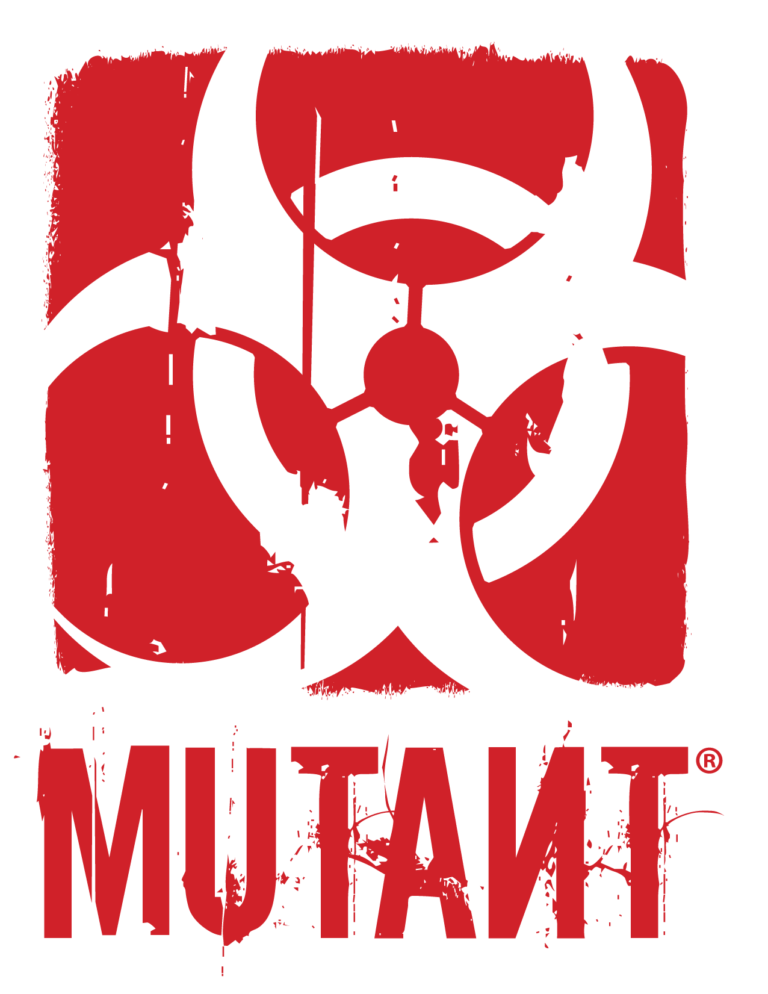
By Lindsay Kent
Your stomach begins to growl and you instinctively decide that you must be hungry. It’s a common association we make in decoding our body’s hunger signals. In fact, a growling stomach does not signal that your body needs nutrients but, rather, that your migrating motor complex, or MMC, is busy at work.
The MMC is electromechanical activity in the gastrointestinal smooth muscle that takes place between meals or any time you eat. It is commonly referred to as the “housekeeper” of the digestive tract, as its primary job is to sweep residual, undigested material through the digestive tube and out of the body. Many common issues can inhibit this important process, leading to gastric problems. Understanding the basics of it will help you take preventative measures to keep your gut functioning optimally.
Four Phases
There are four primary phases of the MMC, with the cycle recurring every 1 1/2 to 2 hours. During Phase I, the smooth muscle is quiescent, or dormant. Only rare action potentials and contractions may take place. Otherwise, all is quiet; this phase lasts approximately 45 to 60 minutes.
Phase II is where the peristaltic contractions begin, becoming increasingly more frequently. Peristaltic contractions originate in the stomach and move to the small intestine; this phase lasts about 30 minutes.
In Phase III, the peristaltic contractions are rapid and evenly spaced, and the pylorus (the opening from the stomach into the small intestine) remains open as the undigested material passes through the stomach; this phase lasts 5 to 15 minutes.
The final phase, Phase IV, is very rapid. It’s the transition between the heavy activity of Phase III and the inactivity of Phase I. Phase IV also creates an increase in gastric, biliary, and pancreatic secretions, all of which aid the MMC’s cleansing process by preventing bacteria from accumulating in the digestive tubes.
When Problems Occur
If the MMC becomes inhibited, the gastric contents and organisms will sit around in your gut, creating a prime environment for any number of bacteria to take up residence in the small intestine; this condition is called small-intestinal bowel overgrowth, or SIBO. Numerous problems can be related to SIBO.
Dyspepsia, which is a collection of intestinal symptoms, including abdominal distention, bloating, pain, early satiety, and nausea, develops from an overgrowth of bacteria in the digestive system. As well, there is a correlation between h.pylori bacteria overgrowth and the MMC, although studies have not yet concluded what causes it. The point is the importance of keeping everything moving.

What Causes MMC Problems
Several factors can affect these kinds of gut problems. The MMC is thought to be run by the central nervous system and the hormone motilin. It can be easily “overridden” by other processes; for example, if you eat something, which stops the MMC and kicks in the digestive pattern of motility.
- Eating patterns. Based on that last point, you can see that the popular grazing-type eating pattern, where you eat small meals every few hours or snack all day, may not be the way to go. Potentially, you are forcing-feeding your body before it is ready to handle the digestive process. Studies indicate that the MMC requires 90 minutes of fasting to complete its housekeeping duties properly; so if you eat even a small snack within that window, the MMC stops doing its job. Many nutritionists, dietitians, and holistic-care practitioners are debunking the concept of eating every 2 to 3 hours on schedule, recommending instead that we learn to become more attuned to our body’s natural hunger signals. By listening to your body, you can begin to reprogram it for optimum absorption and function and re-learn what it feels like to be hungry and full. Those cues are important for avoiding eating disorders and metabolic syndromes and keeping your hormones functioning regularly.
- Late-night feedings. Another issue that can impact your MMC is eating too late in the evening. We have all heard about the dangers of eating before bed, and the topic has been heavily debated. Even so, there is a direct connection to MMC activity, and it’s a fairly simple concept. The MMC is not active at night, so the food that you eat later in the evening, near bedtime, can potentially contribute to bacteria and organisms hanging around and building up when the “housekeeper” is fast asleep. By fasting in the later evening and overnight, you give your body plenty of rest and avoid potential overgrowth issues. A fast could simply mean having your last meal before 7:30 PM and then not eating again until your first meal the next day.
- Stress. We all suffer from too much stress during various times in our lives, and stress can affect the MMC. When our bodies are under the attack of stress, especially chronic stress, we produce less saliva, fewer digestive enzymes, and stomach acid, and peristalsis begin to take place while we are eating. That can bring many of the symptoms associated with dyspepsia and SIBO, along with acid reflux and heartburn. Over time, that acid corrodes the mucosal membrane in the body, leaving us susceptible to immune dysfunction and illness, not to mention chronic discomfort.
- Medications. Many medications come with instructions to be taken with or without food, meaning during digestion or during the MMC. The reason is that different drugs are absorbed differently into the stomach and small intestine, and taking them at the wrong time causes variations in blood levels of the medications, affecting digestion and overall health.

Tips for Keeping Your Gut Happy
The MMC keeps your body free from debris that can cause bacteria and dysfunction. By following a few simple rules, you can keep things moving smoothly and learn to read your body’s physiological hunger cues.
1) Eat less frequently and avoid grazing all day.
2) Try not to eat after 7:30 pm.
3) Avoid stress (easier said than done sometimes).
4) Take medications as directed.

A former captain of a Junior Olympic volleyball team, Lindsay Kent loved testing her limits and digging deep to push herself to the next level. A professor at the International Sports Sciences Association (ISSA) College of Exercise Science, Lindsay also owns her own training business, Lindsay Kent Fitness. She holds the prestigious designation of Master Personal Trainer, specializing in Fitness Nutrition, Strength and Conditioning, Exercise Therapy, Youth and Senior Fitness, and Athlete/Functional training. A spokesmodel for ISSA, Lindsay writes for various fitness publications and we proud to have her on our team here at DigitalMuscle.com.





